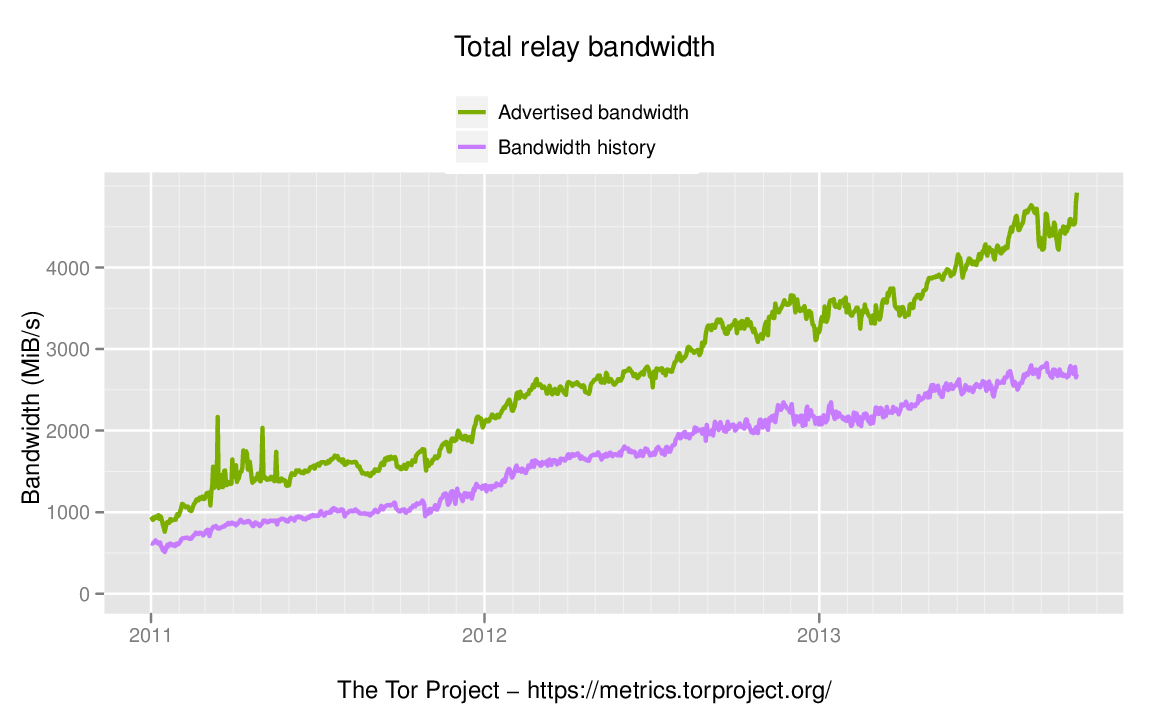

The Tor Project itself is the US non-profit responsible for the development of the Tor network, a suite of software for online anonymity and censorship circumvention.

Steele won’t take the credit for that decision, but it earned her the loyalty of Tor staff and devotees. Perhaps most significantly, it was her decision, as head of the EFF in 2004, to take Tor under the foundation’s wing that is the reason Tor exists in its current shape today, according to Roger Dingledine, who helped found the Tor Project in 2006. A trained lawyer, Steele advised, among other bodies, the US sentencing commission on suitable terms for computer security offences and the National Research Council on encryption policy. Check the warning section on the Tor website for more information.Steele comes to Tor after 15 years as executive director of the Electronic Frontier Foundation (EFF), an organization she joined as a staff lawyer in 1992 shortly after it was founded. If you'd like to be more anonymous online, then, Tor can help, but to get the best protection you'll need a clear idea of how the program works. (Though you can selectively restore these plugins if you don't mind potentially leaking identifiable information.) And the program disables plugins like Flash or Adobe's PDF reader to ensure they can't give away your IP address, so many websites will no longer work. You must configure Internet applications individually before they'll be able to use Tor, for instance. While this sounds good, there are many complications. And when it reaches the destination your data request will contain an IP address that leads back to the Tor network: not you. That traffic will then bounce randomly around various Tor relays, which means your request cannot be tracked. Internet traffic that leaves your PC will go first to the Tor network, so anyone spying on your connection won't see the sites you're accessing. With Tor installed, though, it's a very different story. In addition, anyone watching your internet connection will be able to record the sites that you visit. This may reveal something about your location and can be used to spot you when you return to that resource. If you access an internet resource without using Tor then you'll give away your IP address.

Tor is a free application and open network that helps to protect your anonymity online.


 0 kommentar(er)
0 kommentar(er)
